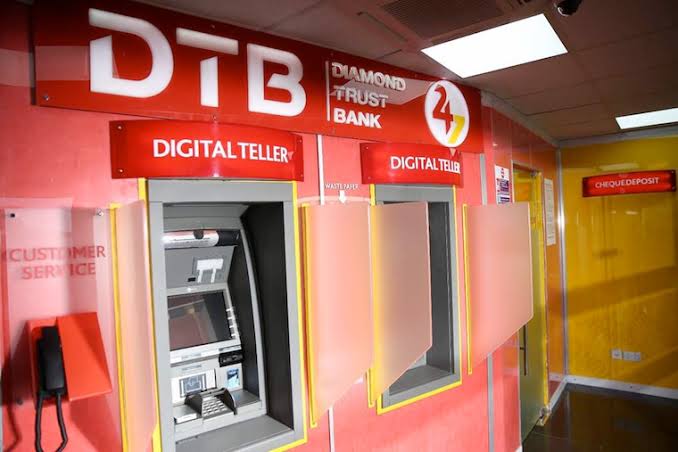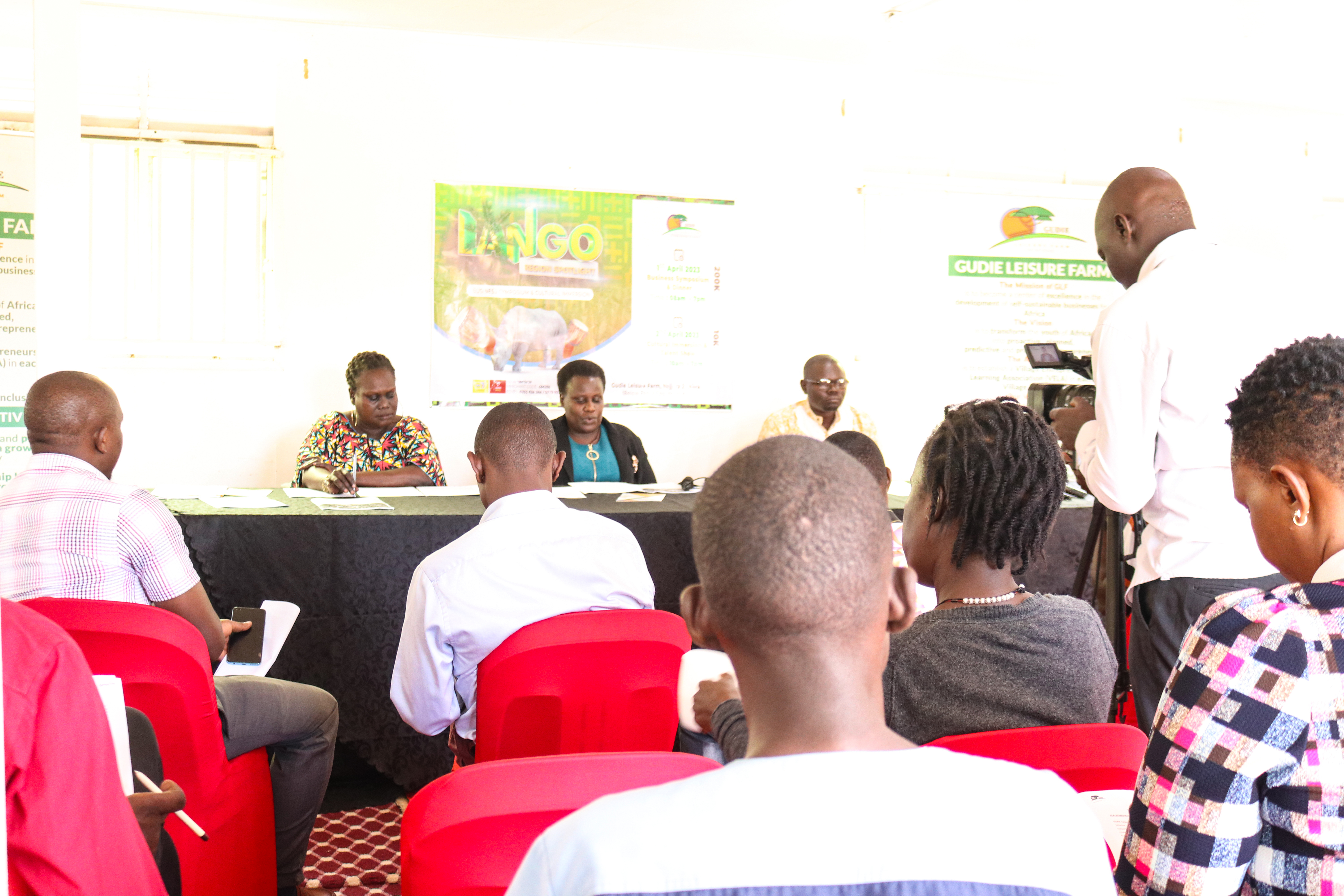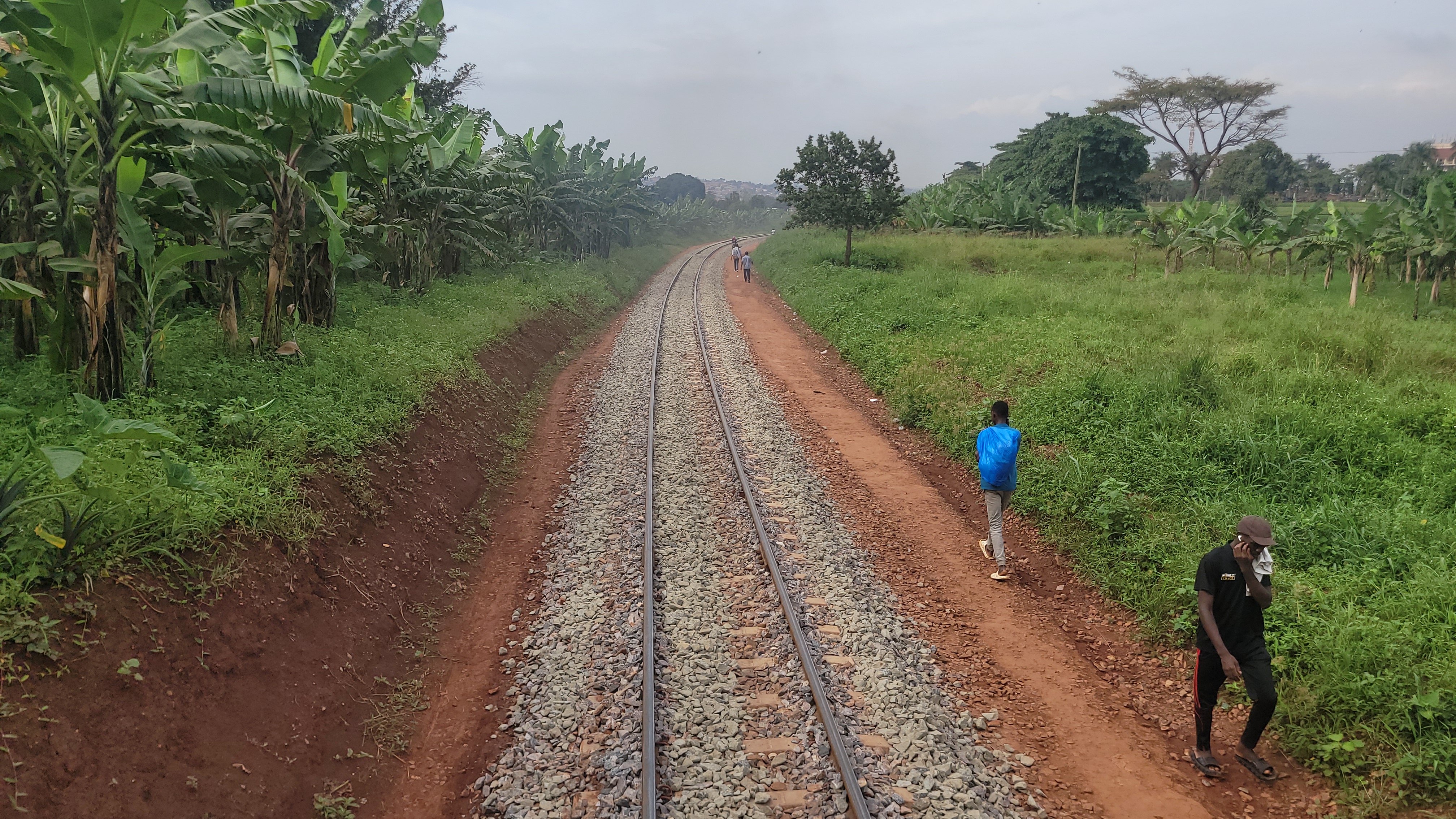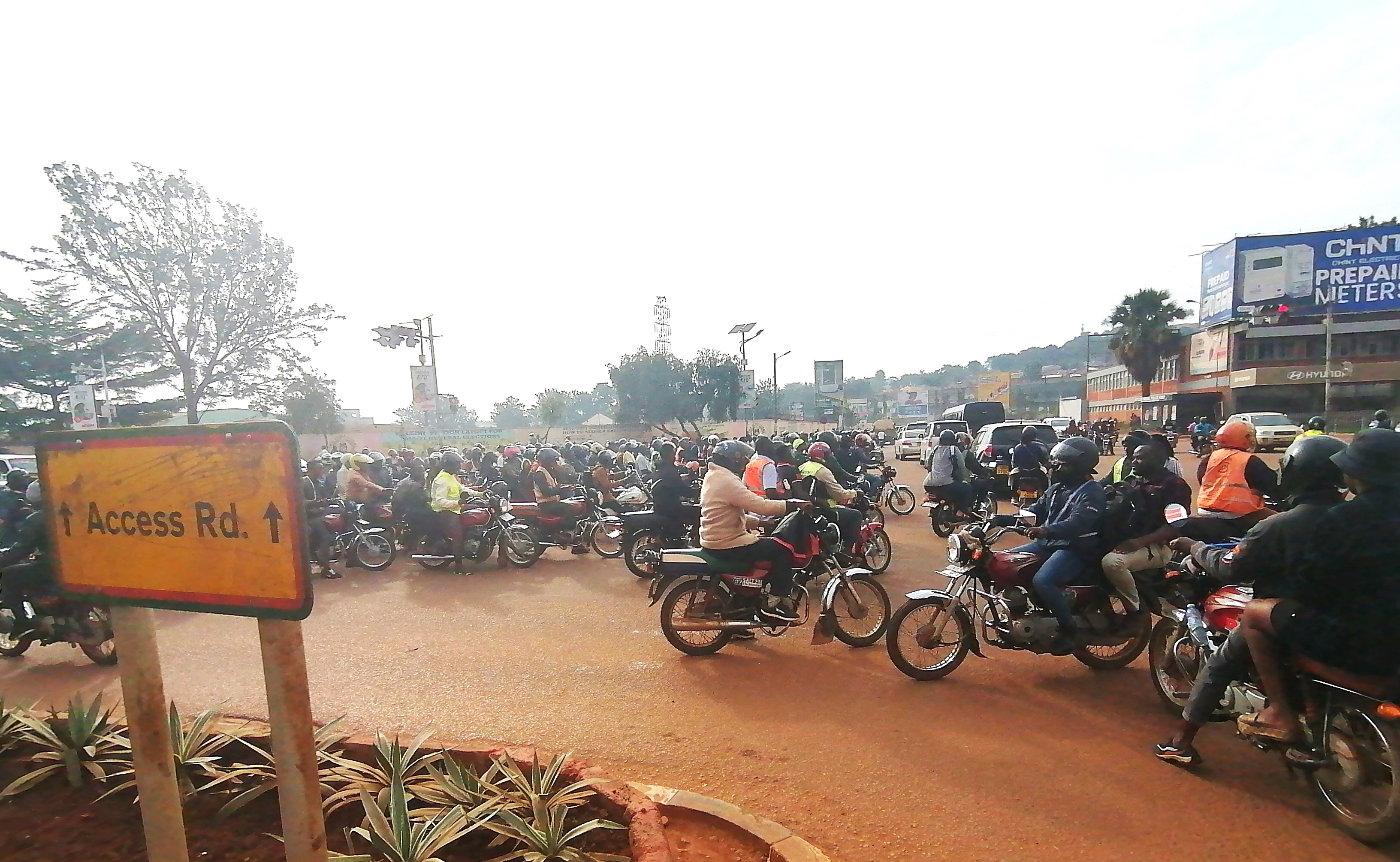10% of boda boda motorcycles now electric

Electric cycles don't use petrol, have fewer moving parts, hence cheaper servicing costs, less waste, less wear and tear and hence last longer.
The adoption of electric motorcycles (EVs) in Uganda is gaining significant traction, particularly in the boda boda industry, which remains a vital source of livelihood for millions of Ugandans.
As the country grapples with increasing environmental concerns, the shift toward electric motorbikes offers a promising solution. Currently, electric motorcycles account for about 10% of the boda boda fleet in Kampala, a notable figure, in comparison to neighbouring countries.
For instance, in Kenya, electric motorbikes comprise approximately 15% of the boda boda industry, while in Tanzania the figure stands at around 5%.
- Christian Kamukama, the head of Commercial at Watu Uganda, says EVs are gaining popularity as they can reduce fuel and maintenance costs by up to 70% compared to traditional petrol-powered motorcycles.
“This makes them not only a more affordable option but also an environmentally friendly alternative,” he explains.
Unlike internal combustion engines, EVs produce zero emissions, which is beneficial for the environment. This is particularly important in cities like Kampala where air pollution is a major concern.
- EVs are much quieter than traditional motorcycles, thus reducing noise pollution. Most importantly, EVs have fewer moving parts compared to fuel-powered motorcycles and servicing them leaves less waste. This means less wear and tear and, consequently, lower maintenance costs. The rider, for example, doesn’t have to worry about changing engine oil, spark plugs, etc.
Unless they are involved in major accidents, EVs can often last longer than their fuel-powered counterparts, meaning the owner could get many more miles out of them before needing a replacement.
Watu Uganda is piloting a vertically integrated business model by partnering with battery manufacturer Gogo Electric and leading motorcycle manufacturers, as it provides the financing.
With an initial deposit of just under 20% of the total cost, the riders may take the asset and pay back their loans over a number of months. To facilitate the adoption of EVs, the company has established swap stations and supportive infrastructure in various parts of the city.
EV riders who talked to this publication said they are happy with their assets as the amount of money required to buy petrol to cover a few dozen kilometres is enough to swap a battery that can run hundreds of kilometers.
- Additionally, EVs are also presenting an opportunity to other Ugandans in terms of employment. For example, Gogo Electric, Watu’s partner, dozens of Ugandans, including women, at its factory at Nakawa, with locally made EVs comprising 40% of local content.
- In a bid to incentivise the adoption of EVs, the government is offering substantial support to battery producers such as Gogo Electric, as part of a broader strategy to encourage sustainable transportation and reduce environmental impact.
In this year’s budget, the government introduced a 0% VAT rate on the supply of electric motorcycles manufactured or assembled in Uganda. Additionally, there are exemptions from stamp duty and income tax for EVs, which further lowers the cost of ownership and encourages manufacturers to produce more.
As part of the National e-Mobility Strategy, the government has announced plans to install electric vehicle charging infrastructure at all public offices by 2030. This initiative aims to create a supportive environment for EV users.
The government is also focusing on training programs to enhance skills related to EV technology and maintenance, ensuring that there is a knowledgeable workforce to support the growing EV industry.































